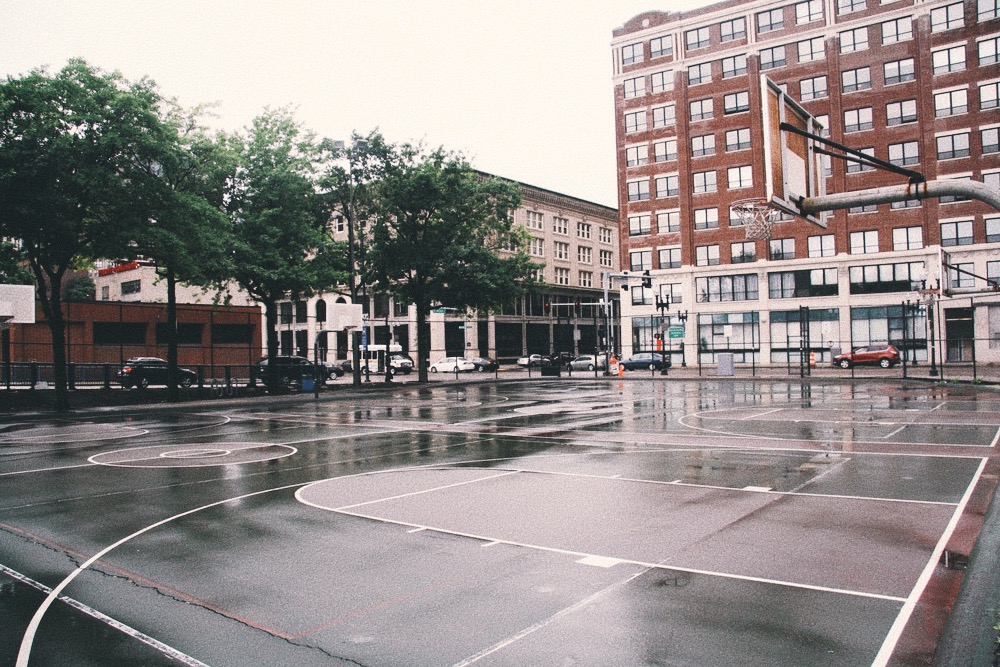Improving air quality
Reducing Ultrafine Particle exposure in affected Boston communities in technically, culturally, socially, and economically sound ways in order to improve long-term health.
Challenge
In 2014, the World Health Organization found poor air quality to be a leading cause of premature death. People who live near highways, train lines, shipping lanes, and airports are exposed to significant concentrations of pollutants generated by combustion engines, such as Ultrafine Particles (UFPs), which are associated with long-term negative health effects such as asthma and cancer.
In Boston, neighborhoods closest to these pollution sources are often inhabited by underrepresented populations and low-income households, meaning that these residents are disproportionately affected by poor air quality.
In Boston, neighborhoods closest to these pollution sources are often inhabited by underrepresented populations and low-income households, meaning that these residents are disproportionately affected by poor air quality.
Approach
Our team conducted design and technical research on possible air quality improvement interventions that could be deployed via a social venture. We received a grant from the Kresge Foundation to develop community-approved air quality improvement interventions for Reggie Wong Park, a community hub of Chinatown where residents gather to play 9-man volleyball and basketball. The neighborhood has among the highest rates of poverty in the city, with almost 1 in 4 households living below the poverty line.
Reggie Wong Park is steeped in Chinese-American immigrant tradition, and is also a place of refuge for a number of people experiencing homelessness. The park’s close proximity to two major highways and a train and subway station results in poor atmospheric air quality within the park, placing users at risk for long-term health issues.
Reggie Wong Park is steeped in Chinese-American immigrant tradition, and is also a place of refuge for a number of people experiencing homelessness. The park’s close proximity to two major highways and a train and subway station results in poor atmospheric air quality within the park, placing users at risk for long-term health issues.

Research questions
How do people spend time in Reggie Wong Park? How the park might be rennovated for reduced exposure to UFP pollution and improved usability?